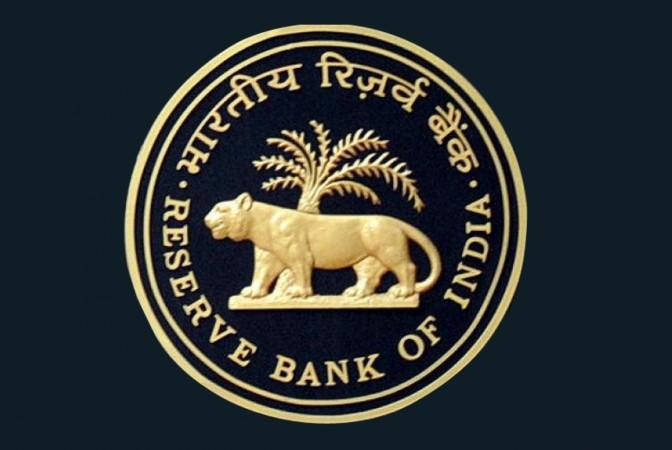
In a bid to spur demand in auto and housing sector, Reserve Bank of India (RBI) has made mandatory for banks to link all their fresh retail loans to an external benchmark, effective October 1. All the public sector banks (PSBs) have already moved to such a regime but the private banks are yet to. Now after the RBI's order, it will be mandatory for the private bank to link their retail loan to an external benchmark.
Notably, the PSBs have introduced repo-linked products for floating-rate only to home and auto loans, but the RBI said loans to micro, small and medium enterprises (MSMEs) should also be linked to an external benchmark.
The step is seen another attempt by the central bank to spur growth in the economy, which registered the slowest growth to a six-year low of 5 per cent, in the April-June quarter. The RBI propose three external benchmarks, includes policy repo rate, the Government of India's three-month and six-month Treasury bill yields published by Financial Benchmarks India Private (FBIL), or any other benchmark market interest rate published by FBIL.

Indian economy is facing a major issue of tepid demand and lower consumption since last one year. Weaker money supply due to the default of IL&FS and higher cost of taking loans have badly affected the demand side.
Several PSBs after August 7 monetary policy meeting, when RBI slashed policy rate by 35 basis points decided to link their lending rates to the repo rate pass on the 35-basis-point cut to their new customers. Notably, it was argued that benefits of lower interest rates are not being passed on to retails customer, so the RBI decided to introduce the MCLR methodology for fixing interest rates from April 1, 2016. It replaced the base rate structure, which had been in place since July 2010.
RBI Governor Shaktikanta Das welcomed the voluntary steps taken by the PSBs to pass on the rate change benefits to customers and argued that it was time to formalise an external benchmark for lending to ensure effective transmission of policy rates, and for giving growth a push. Das had said, "Today, the economy requires a certain amount of push, not just from the monetary policy but also from its transmission. I think the time has come to formalize this linking of the lending rates on new loans to external benchmarks like the repo rate."

















